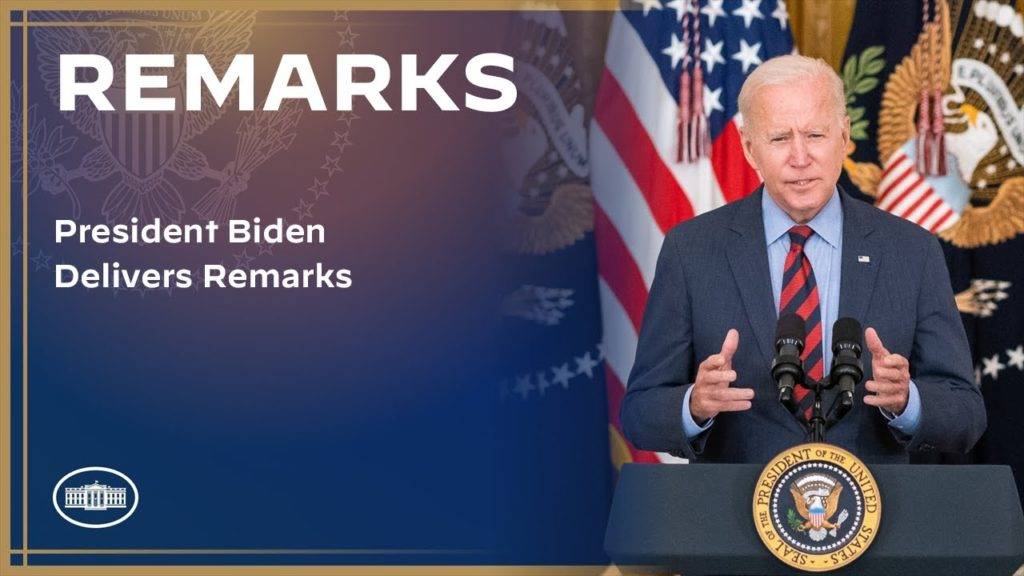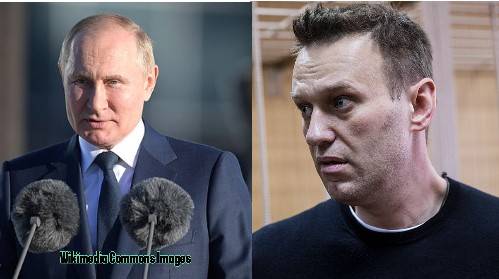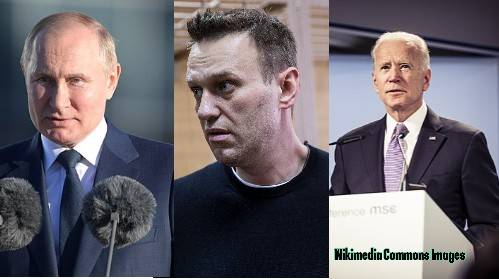The United States is poised to unveil a significant sanctions package against Russia and President Vladimir Putin following the tragic death of Russian opposition leader Alexei Navalny. This announcement comes amidst mounting international pressure to hold Russia accountable for Navalny’s demise. John Kirby, a spokesperson for the U.S. State Department, declared the impending sanctions, stating, “At President Biden’s direction, we will be announcing a major sanctions package on Friday of this week to hold Russia accountable for what happened to Mr. Navalny.”
Kirby’s remarks underscore the gravity with which the Biden administration views the situation, placing direct responsibility on Putin and his government for Navalny’s death. He emphasized the necessity of a thorough investigation into Navalny’s demise, expressing skepticism towards Russia’s narrative. “Absent some credible investigation into his death,” Kirby stated, “it’s hard to get to a point where we can just take the Russians’ word for it.” The demand for transparency from the Russian government regarding Navalny’s death highlights the growing tension between the two nations.
President Biden Confirms New Sanctions Against Russia
President Joe Biden has affirmed the forthcoming imposition of a new round of sanctions against Russia, signaling a firm stance in response to Navalny’s death. Speaking on the matter, President Biden emphasized the non-coincidental timing of the sanctions, indicating their alignment with the anniversary of Russia’s invasion into Ukraine. The deliberate scheduling underscores the administration’s determination to confront Russian aggression and human rights violations.
The President’s statement further solidifies the United States’ commitment to upholding democratic principles and defending human rights on the global stage. The impending sanctions represent a coordinated effort to hold Russia accountable for its actions and send a clear message that violations of international norms will not be tolerated. President Biden’s remarks echo the sentiments of many world leaders who have condemned Navalny’s death and called for decisive action against those responsible.

International Response and Implications
The announcement of major sanctions against Russia and Putin by the United States has reverberated across the international community, sparking discussions on the broader implications of such measures. As tensions escalate between Western powers and Russia, diplomatic relations face further strain, potentially impacting global stability. The coordinated response from Western nations underscores a united front against Russian aggression and serves as a warning to authoritarian regimes worldwide.
Moreover, the imposition of sanctions is likely to have far-reaching economic consequences, affecting not only Russia but also international markets. The ripple effects of such measures could destabilize global trade and financial systems, prompting concerns among investors and businesses. Additionally, the impact on ordinary Russian citizens cannot be overlooked, as sanctions often exacerbate economic hardships and fuel domestic discontent.
Details of the Impending Sanctions Package
The impending sanctions package against Russia and President Putin, announced by the United States, is shrouded in anticipation as officials refrain from divulging specific details. However, Jake Sullivan, President Biden’s National Security Adviser, has provided insights, characterizing the sanctions as substantial and far-reaching. Sullivan highlighted that the package will encompass a broad spectrum of targets, with a particular focus on crippling Russia’s defense industry and cutting off revenue streams that support its military endeavors.
The strategic targeting of Russia’s defense sector underscores the Biden administration’s determination to exert maximum pressure on Moscow in response to Alexei Navalny’s death and broader aggression. By disrupting key sectors fueling Russia’s military capabilities, the sanctions aim to diminish the country’s capacity to sustain its “war machine.” This calculated approach aligns with the administration’s broader foreign policy objectives of promoting accountability and deterring further destabilizing actions.

Congressional Stalemate Over Ukraine Funding
As the White House moves forward with plans for imposing sanctions on Russia, efforts to provide substantial financial support to Ukraine’s war efforts face hurdles in Congress. Despite urgent calls from the administration, a proposed national security bill aimed at allocating $16 billion to fund Ukraine’s defense remains mired in partisan gridlock on Capitol Hill. The bill, crucial for bolstering Ukraine’s resilience against Russian aggression, has yet to see progress as House Republicans and Democrats remain at an impasse.
The announcement of a major sanctions package against Russia and Putin marks a significant escalation in the ongoing geopolitical tensions between the United States and Russia. As the world watches closely, the implications of these actions extend beyond bilateral relations, shaping the future of international diplomacy and security.
The political stalemate underscores the challenges in navigating bipartisan consensus on matters of national security and foreign policy. With Congress currently in recess, the urgency of addressing the funding shortfall for Ukraine’s defense efforts becomes increasingly evident. The White House’s persistence in urging congressional action reflects the gravity of the situation and the imperative of standing in solidarity with Ukraine amidst escalating tensions with Russia. As lawmakers reconvene, the fate of the proposed funding bill will likely shape the trajectory of U.S. support for Ukraine and its broader strategic posture in the region.
Table of Contents
Discover more from OGM News NG
Subscribe to get the latest posts sent to your email.














